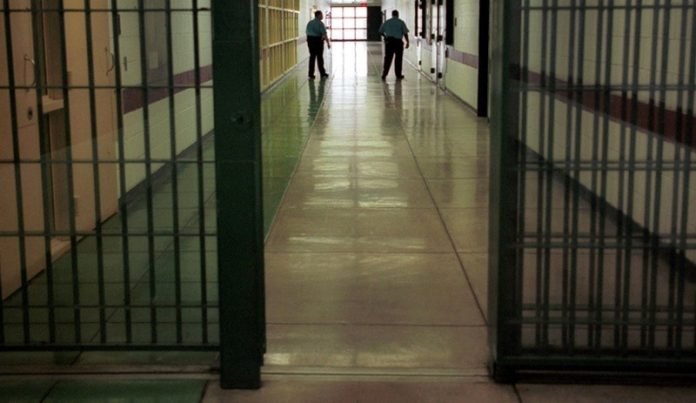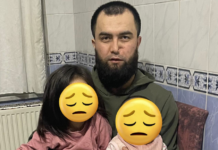A Turkish legal advocacy group says prisoners in several of the country’s high-security facilities are facing systematic rights violations, including prolonged solitary confinement, denial of medical care and arbitrary obstruction of parole, the Kısa Dalga news website reported on Friday.
The findings come from a 2024–2025 monitoring report by the Istanbul branch of the Progressive Lawyers Association (ÇHD) that documents allegations across multiple prisons in Turkey’s Marmara region.
Among the most serious allegations is the arbitrary denial of parole after prisoners complete the required portion of their sentences. The report accuses administrative oversight boards of blocking release based on vague or politicized criteria.
Administrative oversight boards have broad discretion in determining parole outcomes. These boards, established in 2021, have faced criticism for delaying or denying the release of political prisoners.
In the Bakırköy Women’s Prison in Istanbul, the ÇHD documented significant restrictions on inmates’ access to group activities, libraries and open-air exercise. Prisoners are reportedly allowed to keep no more than seven books in their cells at any given time and face censorship of letters and political publications. Disciplinary punishments were allegedly issued for nonviolent actions such as dancing or possessing books written in Kurdish — sanctions that can delay eligibility for parole.
Access to medical care was a recurring problem, according to the report. Several inmates said they waited months to be taken to a hospital for basic examinations or specialist consultations. In one case a woman reportedly waited a full year for surgery to remove a cyst that had grown significantly in the meantime. Others refused care altogether, saying they were forced to undergo examinations while handcuffed — a practice human rights groups say violates international medical standards.
Every year rights groups report the death of dozens of sick prisoners, either while behind bars or shortly after their belated release, which often comes at the end-stage of their illnesses.
At Edirne F-Type Prison inmates interviewed by the ÇHDsaid they were forced to undergo degrading security checks. Though entitled to 10 hours of weekly social and recreational time, inmates said they typically received only two to three hours. Vegan and vegetarian inmates reported being denied appropriate meals, and access to water was also heavily restricted.
According to the report, in the Kandıra No. 1 and No. 2 F-Type prisons in Kocaeli, medical delays were also widespread. Prisoners reported waiting up to nine months for dental care, and in some cases, doctors insisted on keeping inmates handcuffed during examinations. One man has reportedly lived without teeth for nearly three years, causing jaw deterioration and an inability to chew.
One of the facilities examined in the report, the Karatepe High-Security Prison in Çorlu, was classified by the ÇHD as a “pit-type” penal institution — a term the group uses to describe entire facilities built around prolonged solitary confinement, often in underground or windowless cells that limit light and airflow.
The ÇHD called on Turkish authorities to immediately close pit-type facilities, guarantee access to healthcare, end arbitrary parole practices and restore communication and legal rights for detainees.















